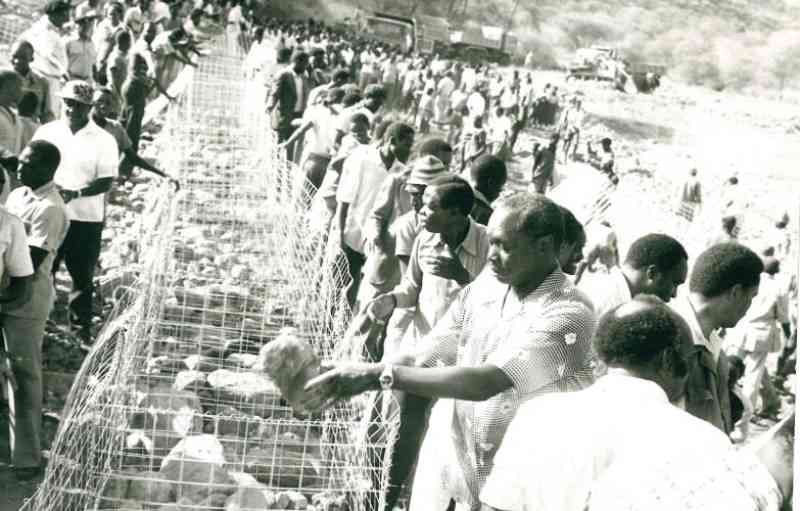×
The Standard e-Paper
Fearless, Trusted News

Agriculture being the the backbone of our economy saw a massive campaign to save, among others, our forests, water reserves and catchment areas and most crucial, soil, whose erosion was washing away vital nutrients integral to sustainable food security. That last sentence sounds like a report from an NGO battling hunger in some God-forsaken yam belt of taifa tukufu. Which reminds one of the irony of Kenya being an 'agri-conomy,' but citizens experience hunger with food aid coming to their rescue.
Fighting soil erosion